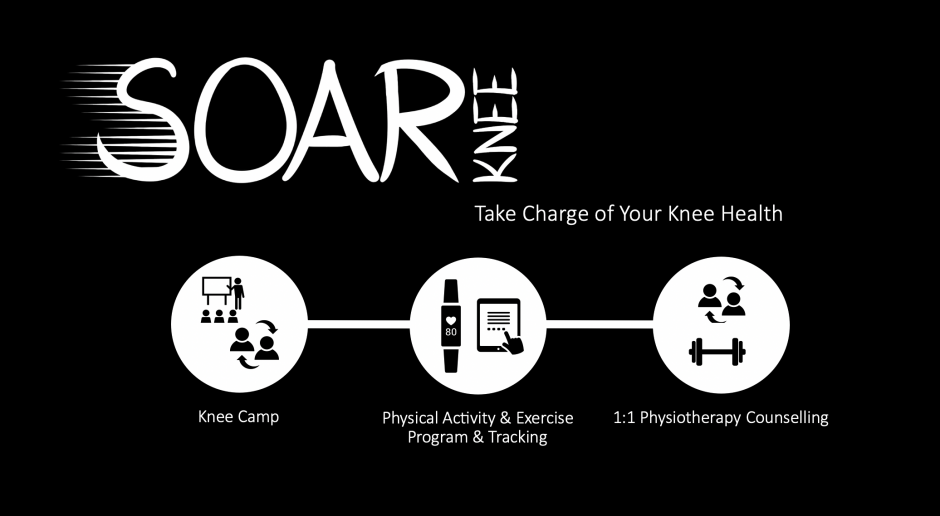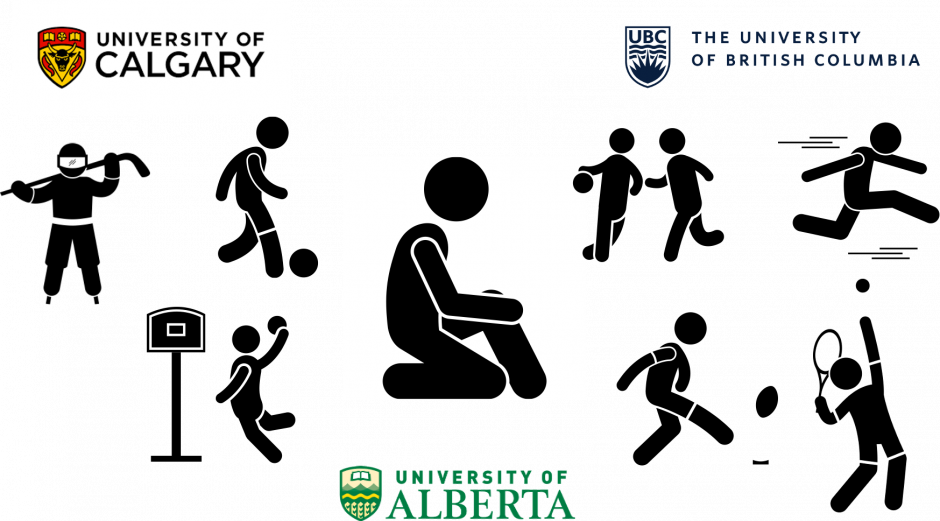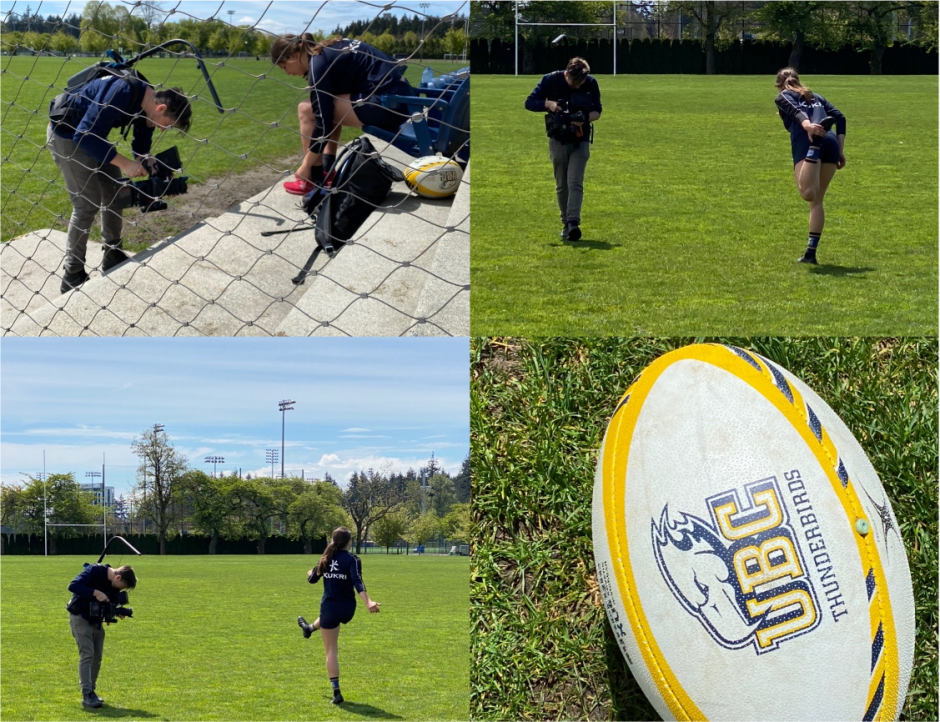The following studies are just a few of the projects that we are working on.
SOAR
The Stop OsteoARthritis Program – Addressing the post-rehabilitation void

Knee trauma permanently elevates one’s risk for knee osteoarthritis. Despite this, people at risk of post-traumatic knee osteoarthritis rarely seek or receive care, and accessible and efficacious interventions to promote knee health after injury are lacking. Exercise can ameliorate some mechanisms and independent risk factors for osteoarthritis and education and action planning improve adherence to exercise and promote healthy behaviors.
SOAR (Stop OsteoARthritis) is a virtually-delivered, physiotherapist-guided knee health program. SOAR aims to increase the capacity of persons living with an increased risk of OA due to an activity-related knee injury to self-manage their knee health and knee OA risk. The program was developed alongside patient and clinician partners and is based on past research, clinical practice guidelines, guidance for Developing and Evaluating Complex Interventions, and is consistent with patient-centered care, shared decision-making, and behavior change theory. We recently established the feasibility of the SOAR program, including participants’ perspectives, and conducted a pilot randomized controlled trial to assess its efficacy (does it work in an ideal setting).
More information about SOAR can be found here
The PrE-OA Cohort
The Alberta Youth Prevention of Early Osteoarthritis Cohort

Active youth are vulnerable to knee injury and subsequent osteoarthritis. An improved understanding of the association between health-related outcomes and history of joint injury could inform osteoarthritis prevention strategies. The purpose of the Youth Prevention of Early Osteoarthritis (PrE-OA) historical cohort study is to examine the association between youth sport-related knee injury and various clinical, physiological, behavioral, and functional health-related outcomes, 3-10 years post-injury.
Mapping Muscle Health Study

Painful musculoskeletal (MSK) conditions are the single largest cause of physical disability and reduced economic output globally. Joint injury is a common precursor to MSK conditions and is linked to a steep decline in muscle health which mimics aging. This decline persists for decades after injury, even after treatment, and contributes to inactivity, functional decline, comorbidities, and reduced quality of life. Little is known about why this recalcitrant muscle decline occurs, or if it can be prevented. Unraveling this mystery may be vital to reducing the burden of MSK conditions. A well-described example of this phenomenon is the protracted quadriceps and hamstrings dysfunction seen after a full-thickness anterior cruciate ligament (ACL) tear and subsequent reconstruction surgery, which elevate the risk for osteoarthritis (OA).
Our group has devised a novel and thorough approach to assess the recalcitrant muscle decline seen with knee joint injury, that leverages diverse expertise and unique infrastructure available in only a few centers globally. This includes clinician-scientists with access to patient populations and muscle strength testing infrastructure, muscle physiologists with expertise/infrastructure to assess muscle structure/composition, and molecular biologists with expertise/infrastructure for unbiased multiplexed immunohistology, which enables the detection of novel cellular processes and their location. This project leverages this multidisciplinary collaborative capacity to assess muscle health after a knee injury and ultimately guide the development of preventative and therapeutic interventions to enhance muscle function and reduce burdensome MSK conditions.
Interested in participating in the Mapping Muscle Health Study? Please assess your eligibility here.
AKIP
Acute Knee Injury Practice Support Tool

| Acute knee injuries are a common presenting complaint to Family Practice Physicians in BC. Early and accurate diagnosis is vital for timely and appropriate treatment and improves patient outcomes. Despite this, only a small proportion of acute knee injuries are diagnosed on initial healthcare consultation, and Family Practice Physicians indicate they would value a tool that facilitates appropriate referral and management. This project brings together a multidisciplinary team to co-develop, assess, and implement an Acute Knee Injury Practice (AKIP) Support Tool that provides resources and tools to address current gaps and barriers associated with diagnosing, referring, and managing acute knee injuries. |